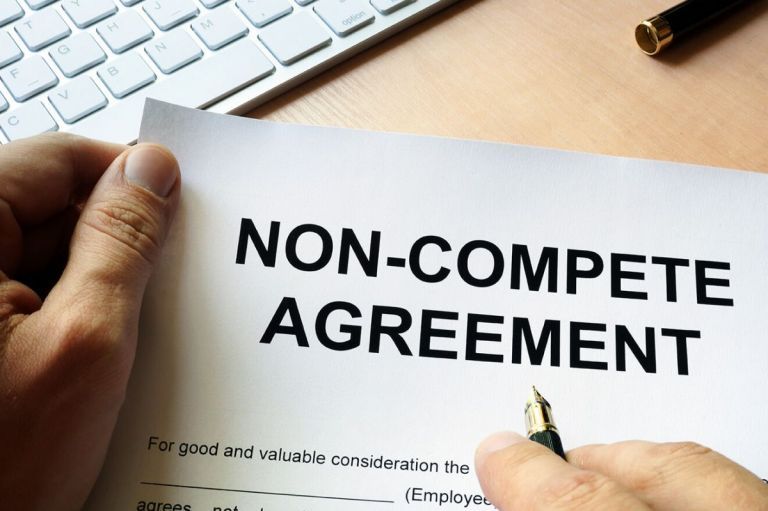Non-competition Agreements - What Are Employers Really Getting with These Documents?

Everyone is aware of the honeymoon phase of the employment relationship — that time period when the employee begins work and both parties are filled with high expectations for the relationship.
Possibly, prior to beginning the relationship, an employer has the employee sign a non-competition agreement as a sort of prenuptial agreement, hoping to never have to use it. However, fast-forward a few years, the employment relationship goes sour, and the employee leaves the company. Not only does the employee leave the company, but they also begin soliciting clients, or maybe even fellow employees, to join them at their new place of employment.
As employers are aware, Massachusetts enacted the Noncompetition Agreement Act in 2018. Prior to the act, there was little restriction on the contents of a non-competition agreement other than what terms would be enforced by a court in the event of a dispute. That changed with the provisions of the act. Now, in the scenario above, if the employer sought to enforce the non-competition agreement, it would need to pay the former employee not to work during the competition period.
This is because the act mandates that, to be enforceable, a non-competition agreement must contain a ‘garden-leave clause,’ defined as 50% of the employee’s highest annualized salary within the two years preceding termination.
“While the Noncompetition Agreement Act requires employers to pay former employees not to work, there may be other options available to employers.”
Employers therefore must answer the question: what do I really want with a non-competition agreement? Is it to stop the former employee from working? Or is the goal to maintain the status of my business? If the goal is to maintain the status of the business, employers may be able to utilize non-solicitation and non-disclosure agreements, which can protect the former employer’s interests while also allowing the former employee to work.
Both such agreements are excluded from the definition of ‘non-competition agreement’ by the act, meaning they do not need to include garden-leave clauses.
A non-solicitation agreement does not prohibit a former employee from working for a competitor when the employment relationship ends. Instead, it serves to prohibit the former employee from soliciting clients and other employees of the former employer to join them at their new place of employment. A non-solicitation agreement can therefore be an effective tool in preserving the current status of the business by prohibiting a former employee from taking clients and other employees with them to their new place of employment.
A non-disclosure agreement also does not prohibit a former employee from working for a competitor when the employment relationship ends. Nor does it prohibit the former employee from soliciting clients and other employees from joining them at their new place of employment. Instead, it serves to prohibit the former employee from disclosing any confidential information from the former employer. The confidential information protected could be a trade secret or other highly sensitive material.
In short, while the Noncompetition Agreement Act requires employers to pay former employees not to work, there may be other options available to employers. It is therefore wise to consult with employment counsel to review your potential options to protect your business interests after the employment relationship has ended.
Timothy M. Netkovick, Esq. is a litigation attorney who specializes in labor and employment-law matters at the Royal Law Firm LLP, a woman-owned, women-managed corporate law firm certified as a women’s business enterprise with the Massachusetts Supplier Diversity Office, the National Assoc. of Minority and Women Owned Law Firms, and the Women’s Business Enterprise National Council; (413) 586-2288; tnetkovick@theroyallawfirm.com
This article was published in BusinessWest! Click here to visit their website.







